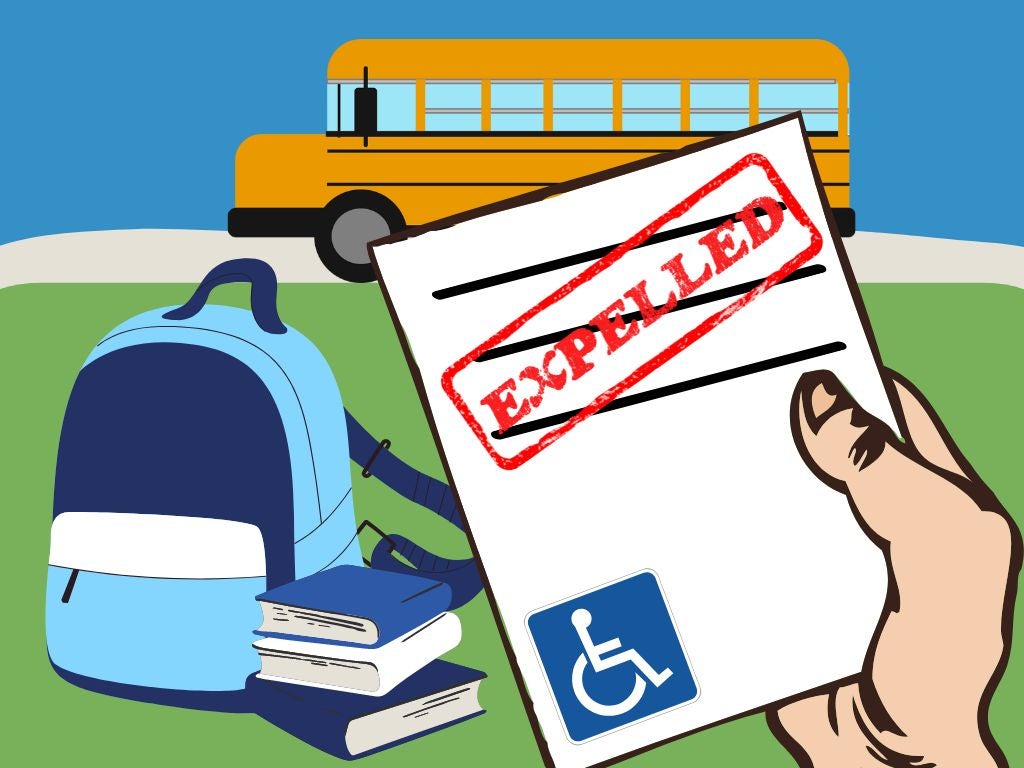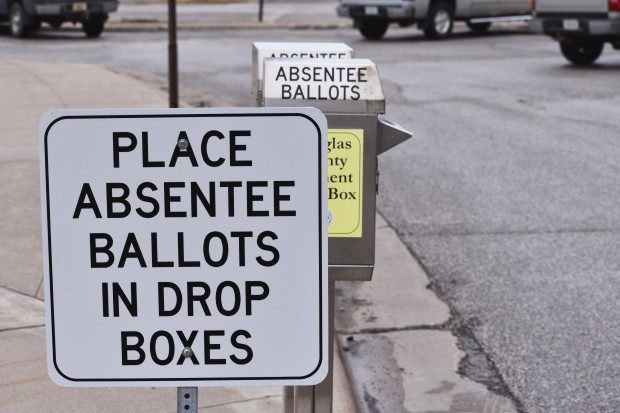A decision by the U.S. Department of Justice to repeal several Americans with Disabilities Act legal guidance documents has some advocates in Wisconsin worried.
A few days before Christmas, U.S. Attorney General Jeff Sessions identified 25 documents he said were either out of date or redundant. The documents addressed a wide set of laws, including fair housing, shipping firearms across state lines and how to comply with ADA protections.
In the case of the 10 rescinded ADA documents, they ranged from debunking ADA myths to clarifying common questions, such as what counts as a service animal.
Stay informed on the latest news
Sign up for WPR’s email newsletter.
Monica Murphy, an attorney with the advocacy group Disability Rights Wisconsin, said the agency’s decision feels like a step in the wrong direction.
“It doesn’t mean the law doesn’t have those same protections,” Murphy explained. “It just takes away a tool that we had in trying to share that information and try to pass it on with people in the community.”
Murphy said in her line of work a lot of questions could be answered by handing out one of these documents.
But Rebecca Rabatin, the ADA coordinator for Milwaukee, said the repeal doesn’t really change anything for those with disabilities. She points to the repealed guidelines related to service animals.
“The ADA was amended in 2008 with specific language related to service animals, and so new guidelines were established in 2015,” Rabatin explained. These guidelines are still in place and are up to date.
Murphy however, argues the eliminated ADA documents remain relevant, including a 2016 guideline which clarified what an integrated workplace for people living with disabilities looks like, at a time segregated workplaces remain an issue for the community.
But Murphy said she is most worried about the tone the Justice Department’s decision sets.
“It’s indicative of a shift in what the Department of Justice considers important and what they are willing to do or not do on behalf of people with disabilities,” Murphy said. “I see it as backtracking on some of the gains that people with disabilities have made in our community and in getting their rights protected.”
The 25 documents were selected for repeal by the Justice Department’s Regulatory Reform Task Force. Created during President Donald Trump’s first year in office, the task force is undertaking the job of rescinding documents that have gone “too far.”
In his December announcement of the rollbacks, Sessions indicated there may be more in the future.
“We will continue to look for other examples to rescind, and we will uphold the rule of law,” Sessions said.
Wisconsin Public Radio, © Copyright 2024, Board of Regents of the University of Wisconsin System and Wisconsin Educational Communications Board.






